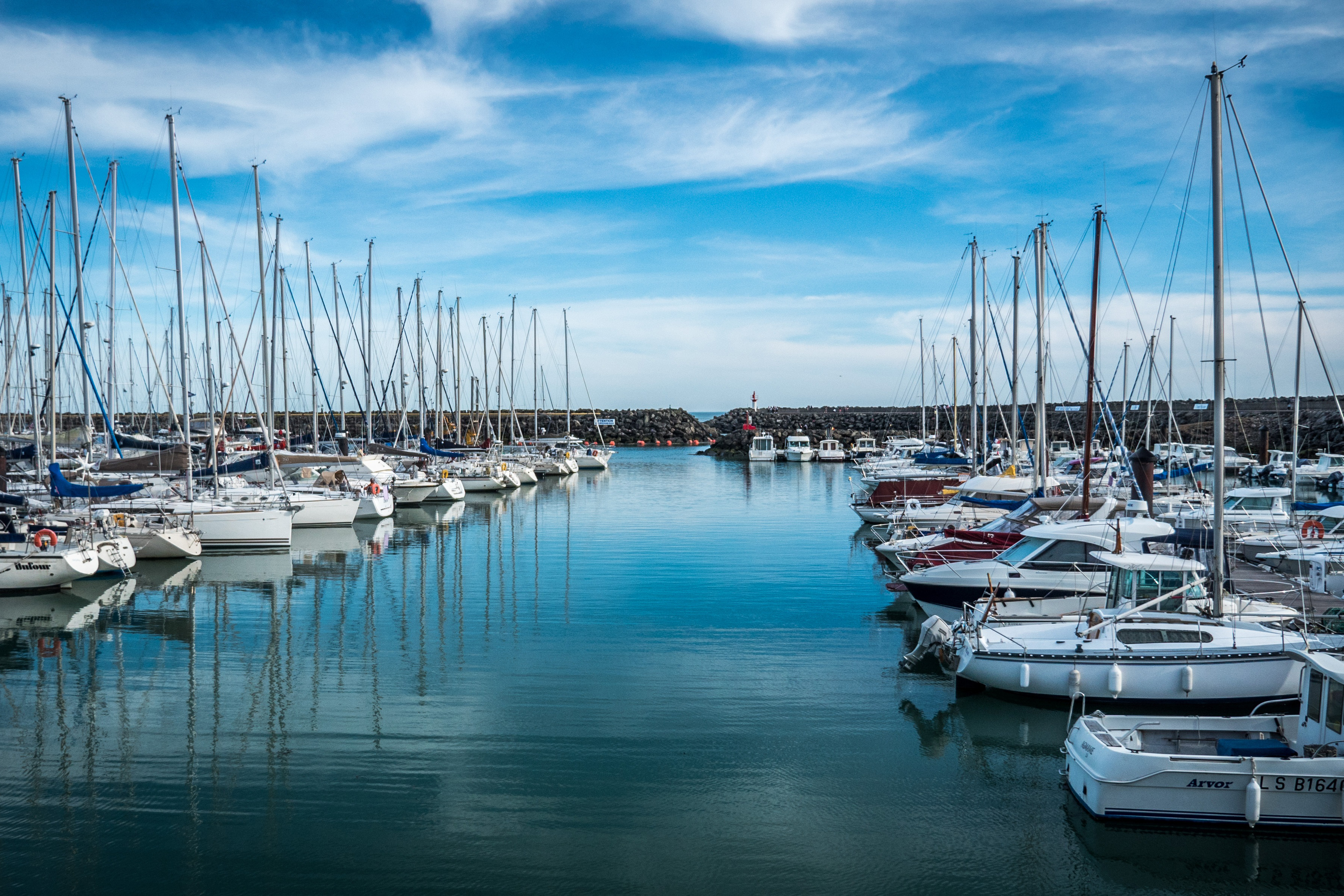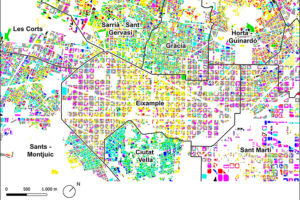
Biometallum Project: Recovery of metals from electric and electronic waste
February 20, 2018
The most exceptional marine observatories, now more accessible
January 4, 2019The Centre Data Management Group (DAMA UPC) has collaborated with its spin-off Sparsity to develop MaSSy (Mobile collaborative systems for the improvement of services and business development in the yachting industry) for the promotion of innovation in water management

Within the framework of the Neptune Plan, MaSSy has developed an innovative system for managing reservations and journey planning for yachts in marinas. The new services reduce movements of yachts when they are looking for spaces to dock. This reduces fuel consumption, total distance travelled, and contamination in general. The main benefits are improvement in marina infrastructure management and activity, expansion of services for the community of yacht users, strengthening of ties with local towns for tourism, and minimisation of the impact of these activities on water quality.
DAMA UPC contributed its technology and graph-based knowledge to the development of algorithms that optimise maritime routes and tourist itineraries.
The aim of Neptune is to stimulate sustainable growth in the marine and maritime sectors through projects led by small and medium-sized companies. Neptune has awarded over 1.3 million euros to 18 innovative projects (including MaSSy, which received 120,000 euros), chosen from over 80 candidates and led by SMEs from around Europe. The projects are focused on improving water management in rural and urban environments, port logistics, river and maritime transport, renewable marine energies, and marine environments.
The Neptune Plan, which lasted 30 months, was funded by the European Union as part of “Blue Growth”. Blue Growth was designed to strengthen sustainable growth in the marine industry for 2020.
Technology
Sector
Topic
You want to know more?
Related Projects
- The La Volta project foresees the construction of a large Catalan vault pergola within the Llars Mundet campus, in the Montbau neighbourhood (Horta-Guinardó district). This structure will become a new architectural landmark for Barcelona, combining traditional construction techniques with contemporary innovation. The project involves the Rehabilitation and Architectural Restoration Research Group (REARQ), at the Universitat Politècnica de Catalunya - BarcelonaTech (UPC), and is led by the Architects’ Association of Catalonia (COAC) and the Barcelona Provincial Council.
- The Architecture, Energy and Environment (AiEM) research group at the Universitat Politècnica de Catalunya - BarcelonaTech (UPC) has characterised Barcelona’s residential buildings according to their capacity to adapt to climate change. This study is part of the project ‘VeUvE: Urban havens for vulnerable zones’. The work highlights the climate inequality conditions present across different areas of the city and will help to better define the priorities and energy renovation strategies for its districts.
- The Research Center for Supervision, Safety and Automatic Control (CS2AC-UPC) at the Universitat Politècnica de Catalunya - BarcelonaTech (UPC) has coordinated the SaCoAV project, focused on researching new methods and tools to ensure the safe coordination of autonomous vehicles in urban environments.
- The Centre for Technological Risk Studies (CERTEC) at UPC is participating in the WUITIPS project (Wildland-Urban-Interface Fire Touristic Infrastructure Protection Solutions), which aims to develop a new wildfire management framework for the tourism sector. This project contributes to risk analysis and the design of specific strategies to mitigate such risks.




